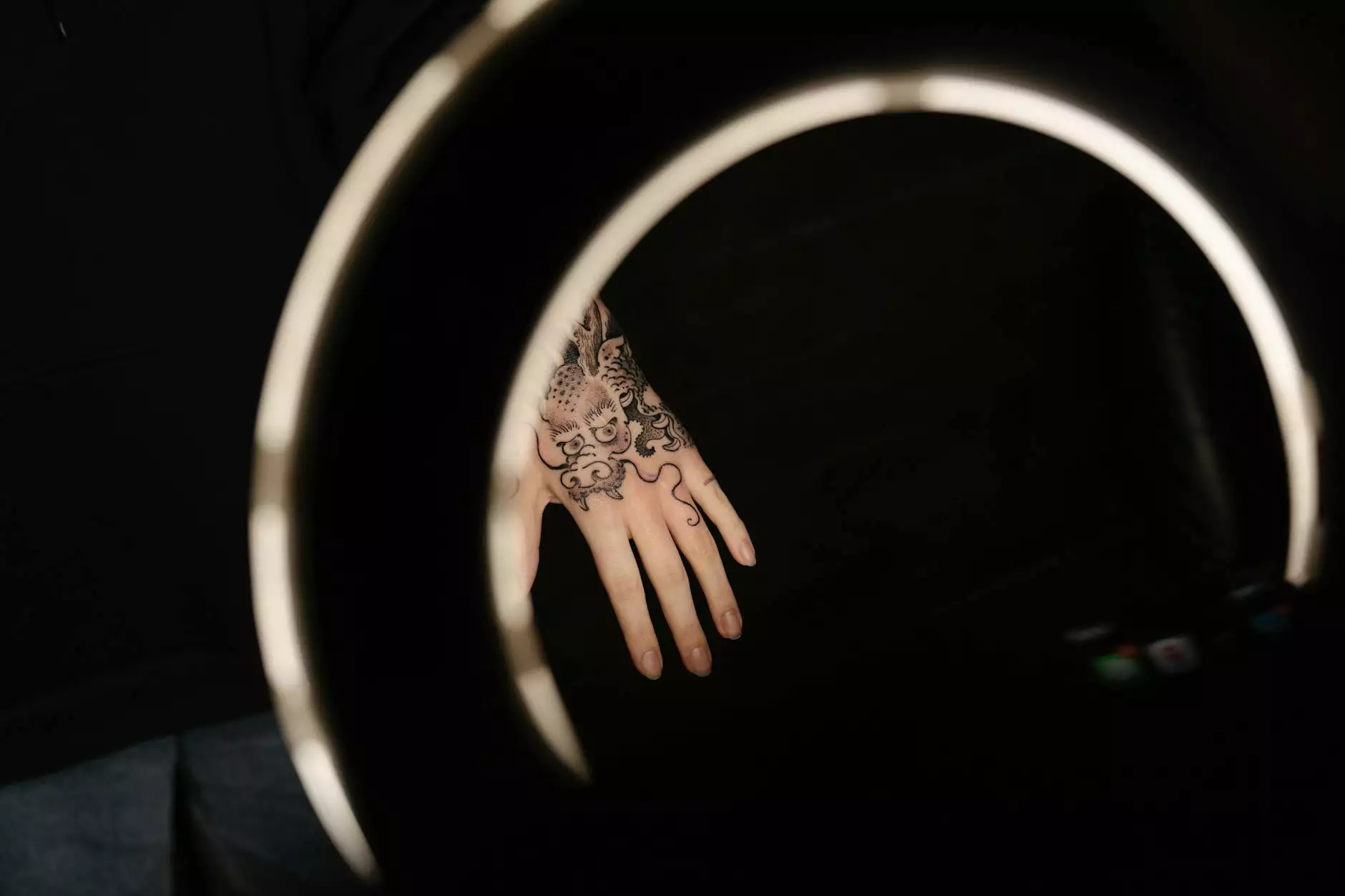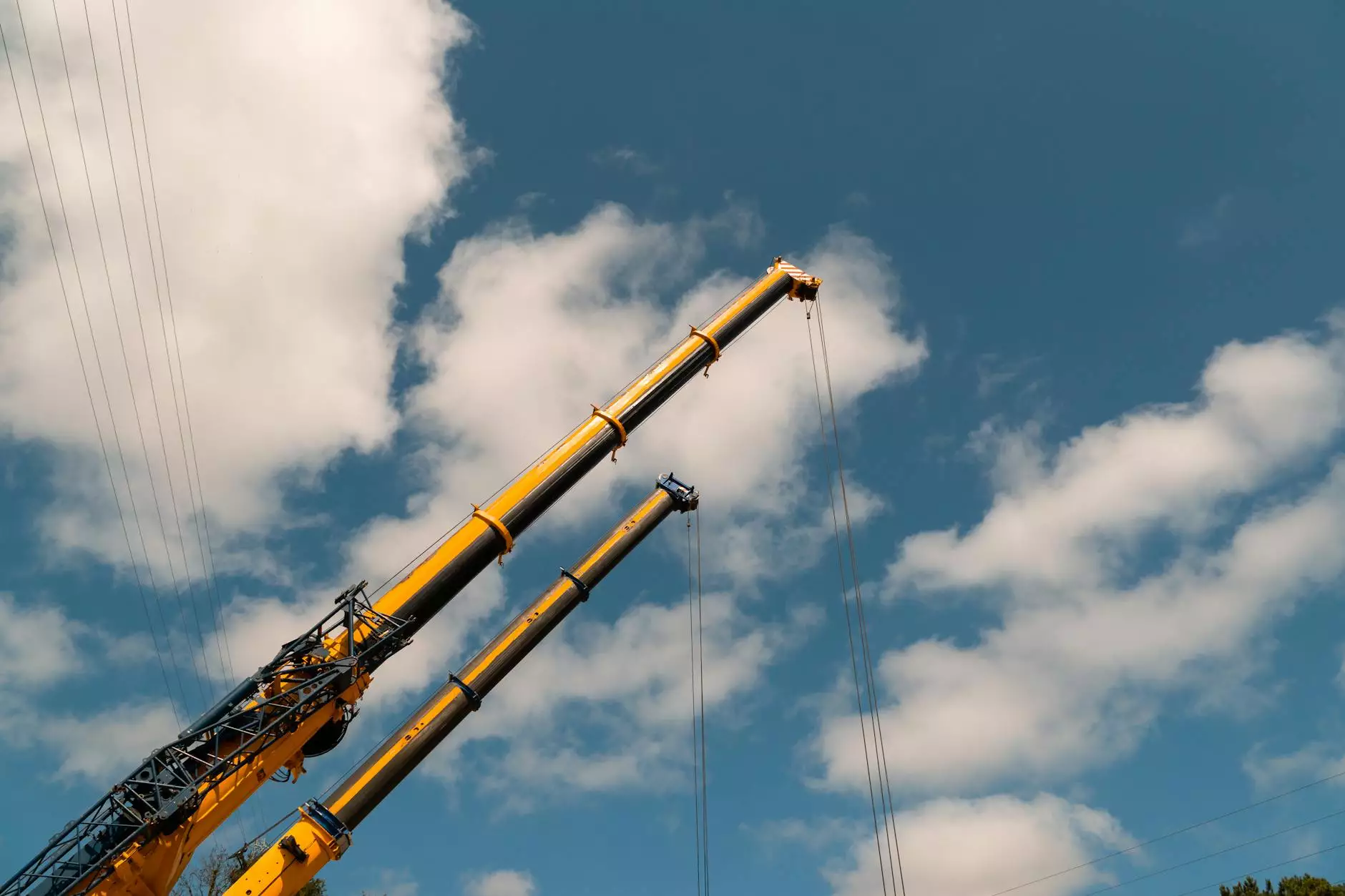CT Scan for Lung Cancer: Understanding the Procedure and Its Importance

Lung cancer is one of the most prevalent forms of cancer worldwide, and timely diagnosis plays a critical role in improving patient outcomes. One of the most effective tools in the diagnosis and management of lung cancer is the CT scan for lung cancer. This advanced imaging technique provides detailed images, helping healthcare providers make informed decisions about treatment. In this comprehensive guide, we will delve into the role of CT scans in lung cancer, the procedure itself, benefits, risks, preparation tips, and much more.
What is a CT Scan?
A CT scan (Computed Tomography scan) is an advanced imaging technique that combines X-ray technology with computer processing to create cross-sectional images of the body. Unlike regular X-rays, which provide a two-dimensional representation, CT scans offer detailed three-dimensional images that help in visualizing complex structures within the body.
The Role of CT Scans in Lung Cancer Diagnosis
CT scans are crucial in the evaluation of lung cancer for several reasons:
- Early Detection: CT scans can identify lung nodules and abnormalities much earlier than traditional X-rays, making it possible to detect lung cancer at an earlier and more treatable stage.
- Staging of Cancer: Once lung cancer is diagnosed, CT scans help determine its stage by providing detailed images of the lungs and any potential spread to nearby lymph nodes or other organs.
- Monitoring Treatment: For patients undergoing treatment for lung cancer, CT scans are essential for monitoring the effectiveness of therapy and detecting any recurrence of cancer.
How CT Scans Are Conducted
The CT scan for lung cancer procedure is generally straightforward and requires minimal preparation. Here’s a brief overview of the steps involved:
- Preparation: Patients may be advised to avoid eating or drinking for a few hours before the scan, especially if contrast dye is used.
- Positioning: The patient will be asked to lie on a CT scanner table, typically in a supine position (on their back). Straps or pads may be used to help keep them still during the process.
- Breath-holding: The technician may ask the patient to hold their breath for a few seconds while the scan is being performed. This helps achieve clearer images.
- Scanning process: The CT scanner will rotate around the patient, capturing multiple images of the lungs from various angles. This process usually takes only a few minutes.
- Post-scan: Once the scan is complete, patients can typically resume normal activities. If contrast dye was used, they may be monitored for any adverse reactions.
The Benefits of CT Scans for Lung Cancer
CT scans offer numerous benefits in the diagnosis and management of lung cancer:
- High Accuracy: The detailed images obtained from a CT scan allow for a more accurate diagnosis compared to other imaging techniques.
- Non-invasive: CT scans are non-invasive procedures that do not require any surgical intervention, making them a safe option for most patients.
- Rapid Results: CT scans provide quick results that can be crucial for timely medical decisions.
- Guidance for Biopsies: If a suspicious nodule or mass is found, CT scans can be used to guide needle biopsies, allowing for a precise tissue sample to confirm cancer.
Risks Associated with CT Scans
While CT scans are generally safe, it is important to consider the following potential risks:
- Radiation Exposure: CT scans involve exposure to radiation, which may increase the risk of developing cancer over a lifetime. However, the benefits usually outweigh these risks, especially for critical diagnoses like lung cancer.
- Allergic Reactions: Some patients may experience allergic reactions to the contrast dye, although this is rare.
- Kidney Function: In patients with pre-existing kidney issues, the use of contrast dye can pose risks. It is crucial to inform the healthcare provider of any such conditions prior to the scan.
Preparing for a CT Scan
Preparation for a CT scan for lung cancer is crucial to ensure the best possible results. Here are some tips for patients:
- Discuss any medications with your doctor; some may need to be paused or adjusted.
- Follow dietary instructions, especially if contrast dye is planned. This may include fasting for a few hours prior to the scan.
- Inform the healthcare provider about any allergies, particularly to iodine or contrast materials.
- Wear comfortable, loose-fitting clothing and avoid jewelry or metal accessories that may interfere with the imaging process.
CT Scans and the Future of Lung Cancer Diagnosis
The field of medical imaging is continually evolving. Innovations in technology and techniques promise to enhance the effectiveness of CT scans in lung cancer diagnostics. Potential advancements include:
- Lower Radiation Doses: New scanners are being developed to reduce the amount of radiation exposure while maintaining high-quality images.
- AI and Machine Learning: Artificial intelligence technologies are increasingly being integrated into imaging practices to aid radiologists in identifying abnormalities and improving diagnostic accuracy.
- Enhanced Imaging Techniques: Researchers are exploring new contrast agents and imaging methods that could provide even more detailed insights into lung health.
Conclusion: The Importance of CT Scans in Lung Cancer
In summary, the CT scan for lung cancer is a vital diagnostic tool that empowers healthcare providers with the information needed to manage this serious disease. Its ability to detect early stages of lung cancer, monitor treatment progress, and produce detailed imaging underlines its significance in today's medical landscape.
For anyone at risk or experiencing symptoms of lung cancer, consulting with a healthcare provider about the possibility of a CT scan could be a crucial step towards early detection and effective treatment. As advancements in technology continue to evolve, CT scans will remain at the forefront of lung cancer diagnosis and care, providing hope and better outcomes for patients around the world.
Contact Us for More Information
For further details about lung cancer screening and CT scans, feel free to reach out to us at Hello Physio. Our dedicated team is here to assist you with any questions or concerns you may have about your health and the available diagnostic services.









